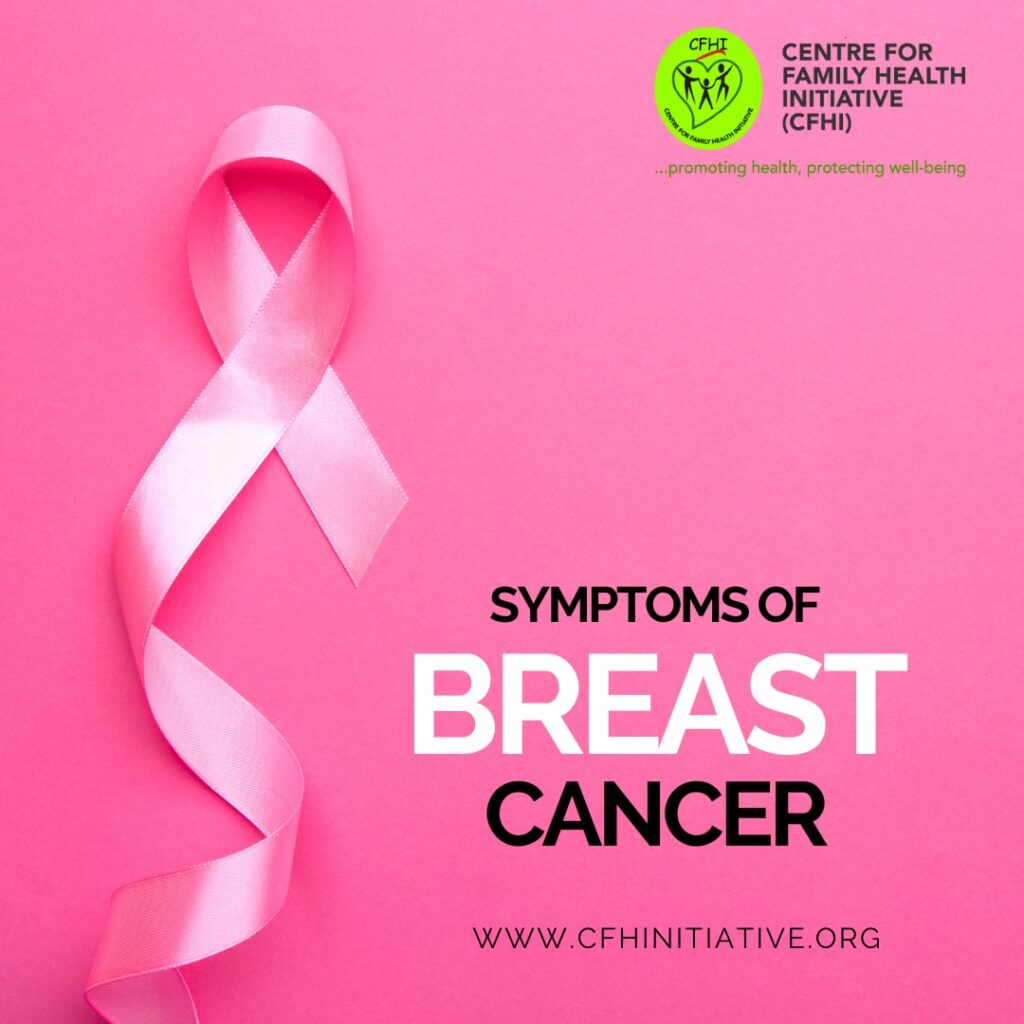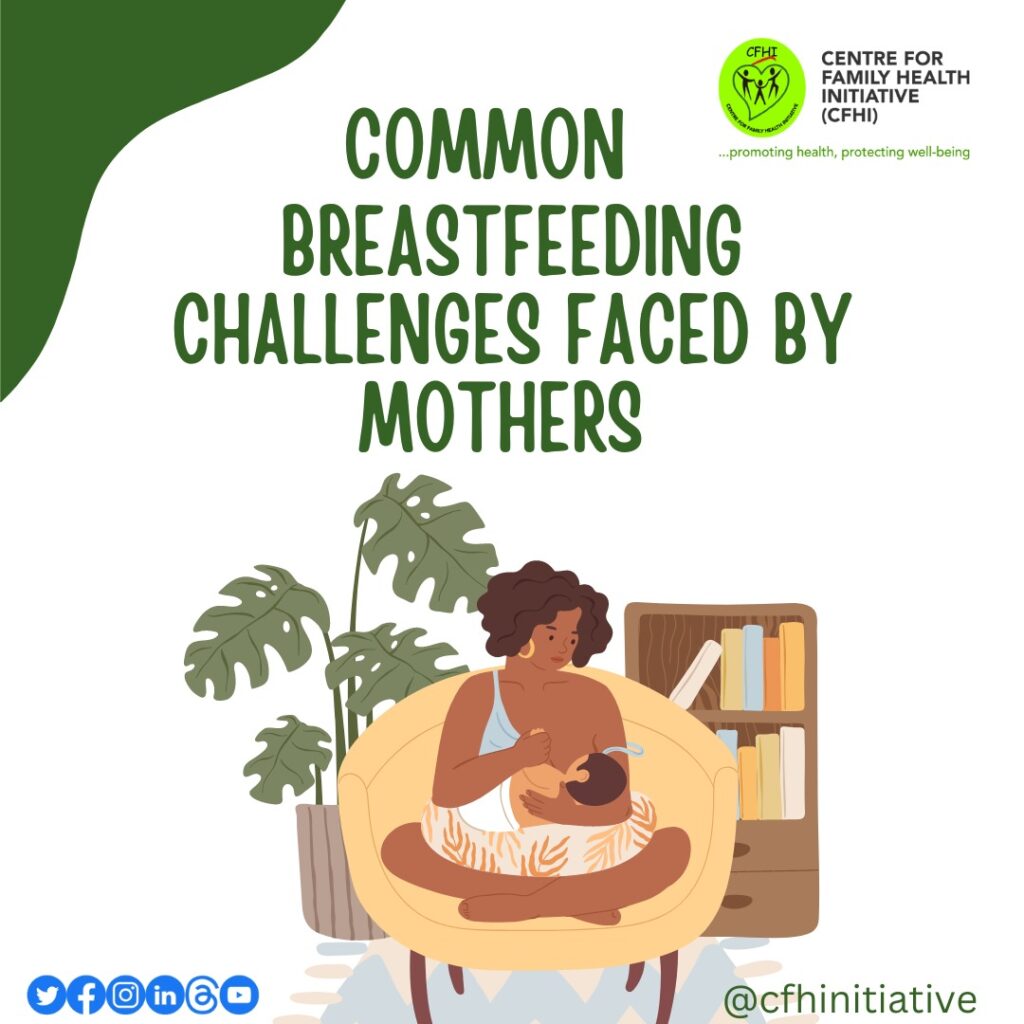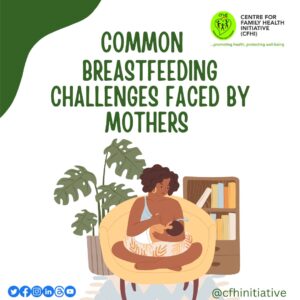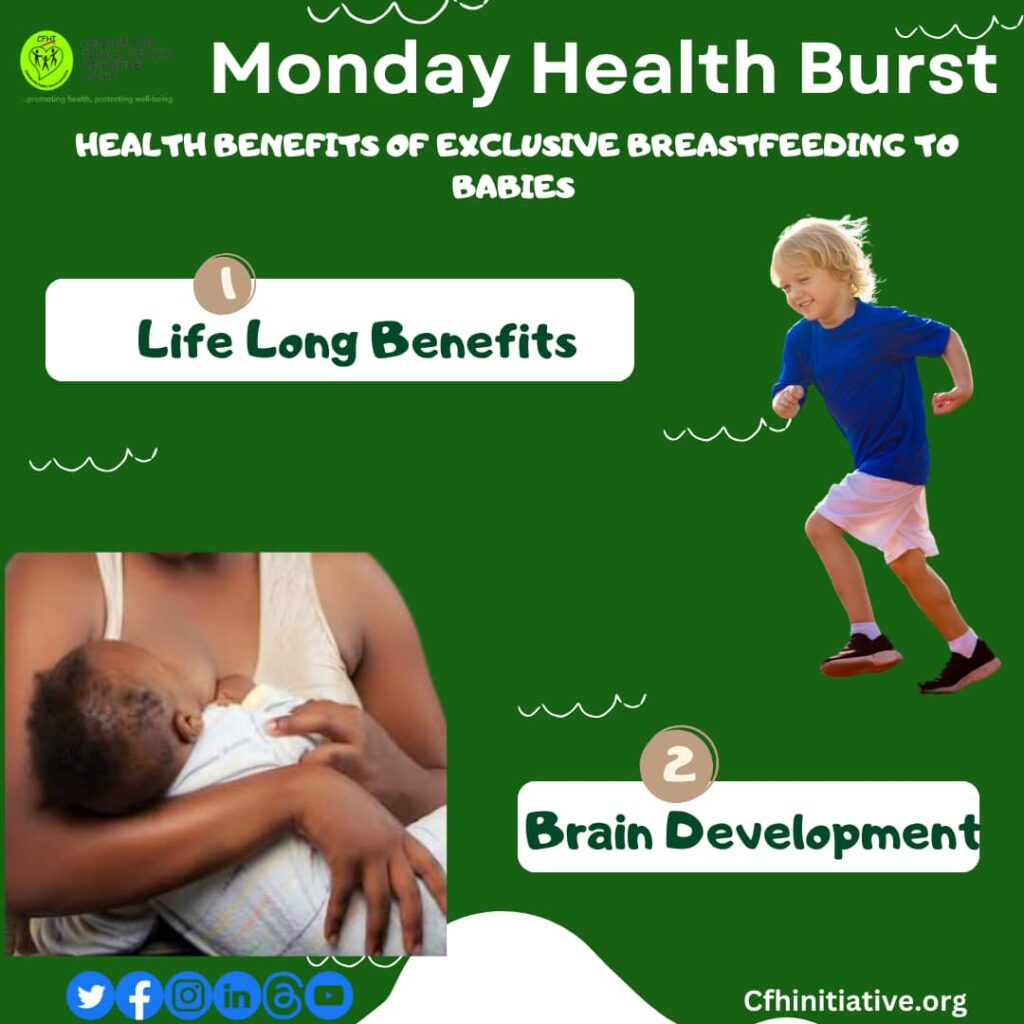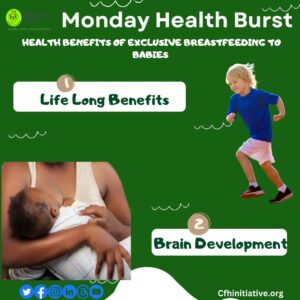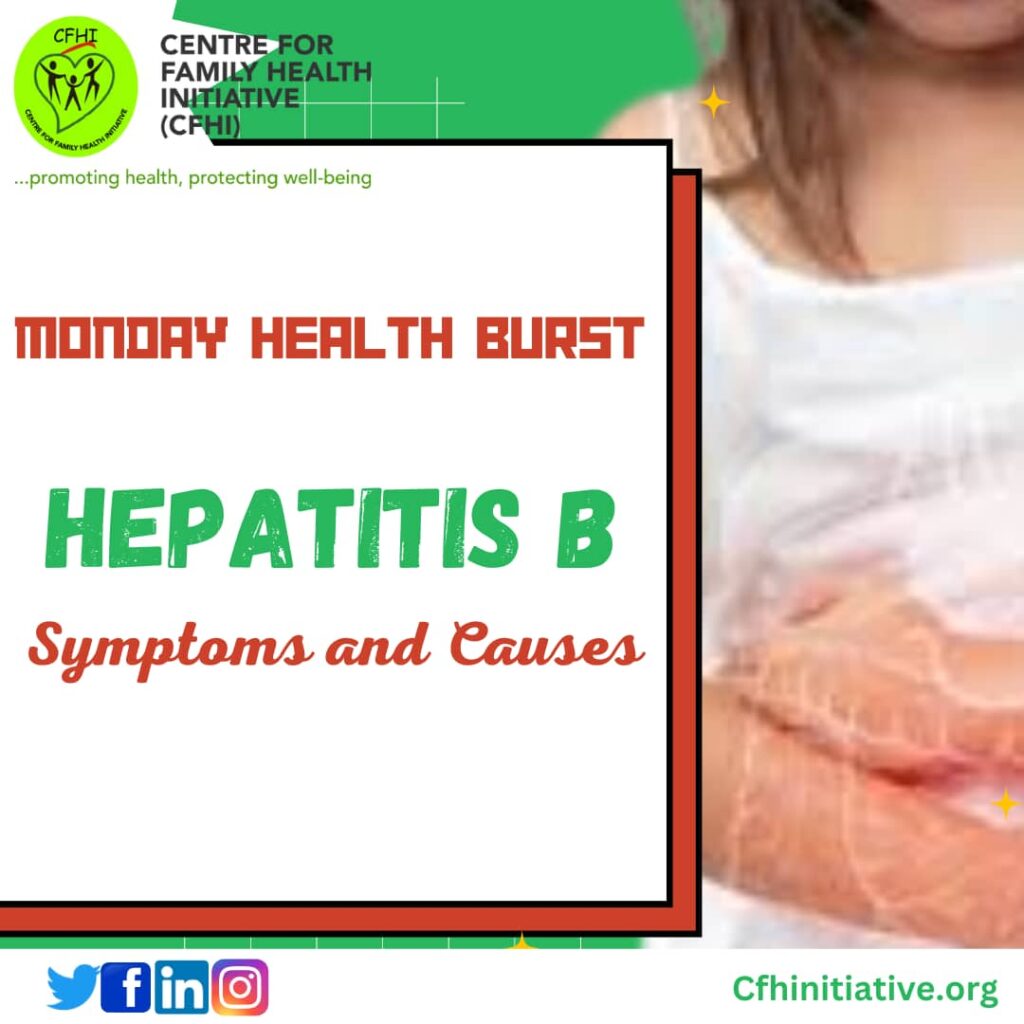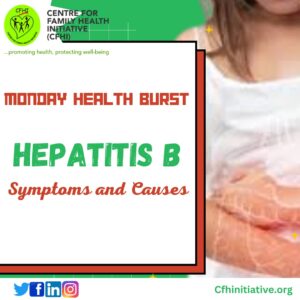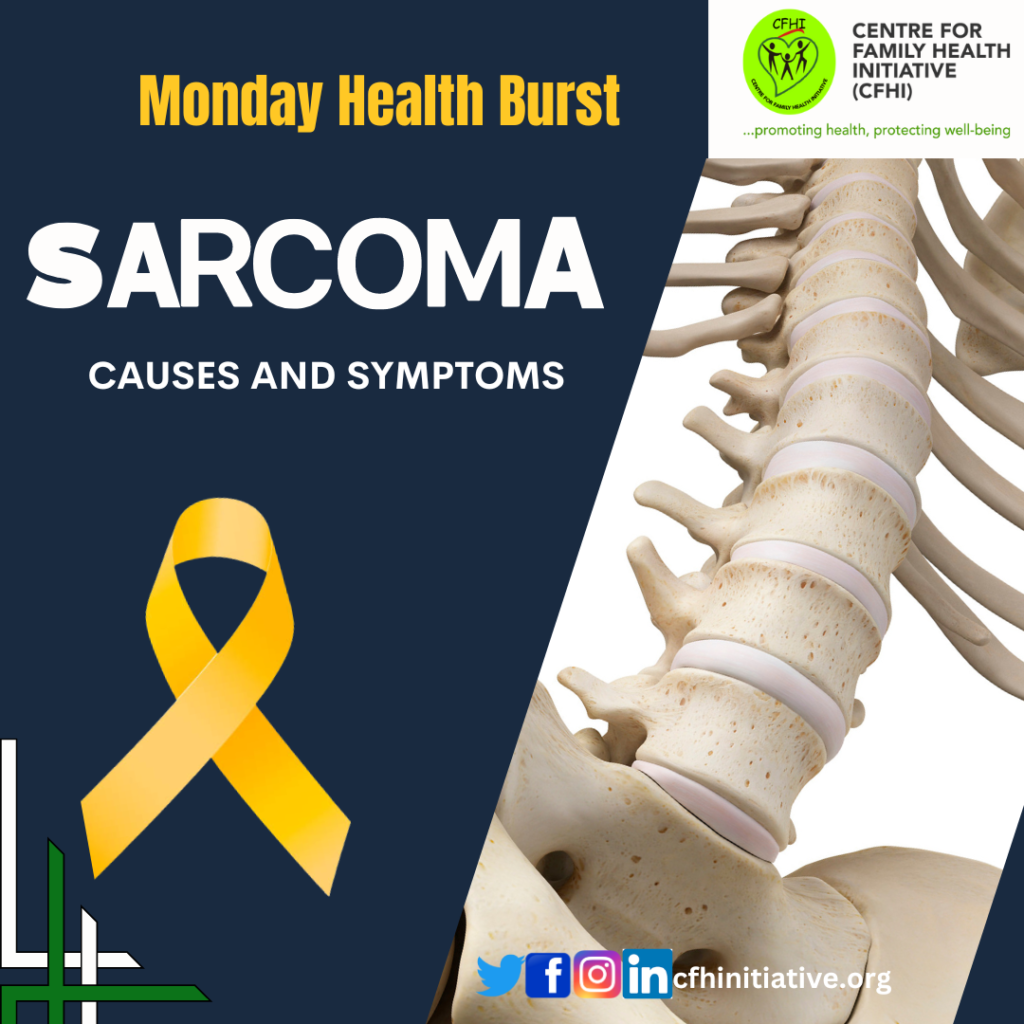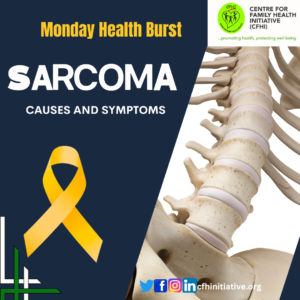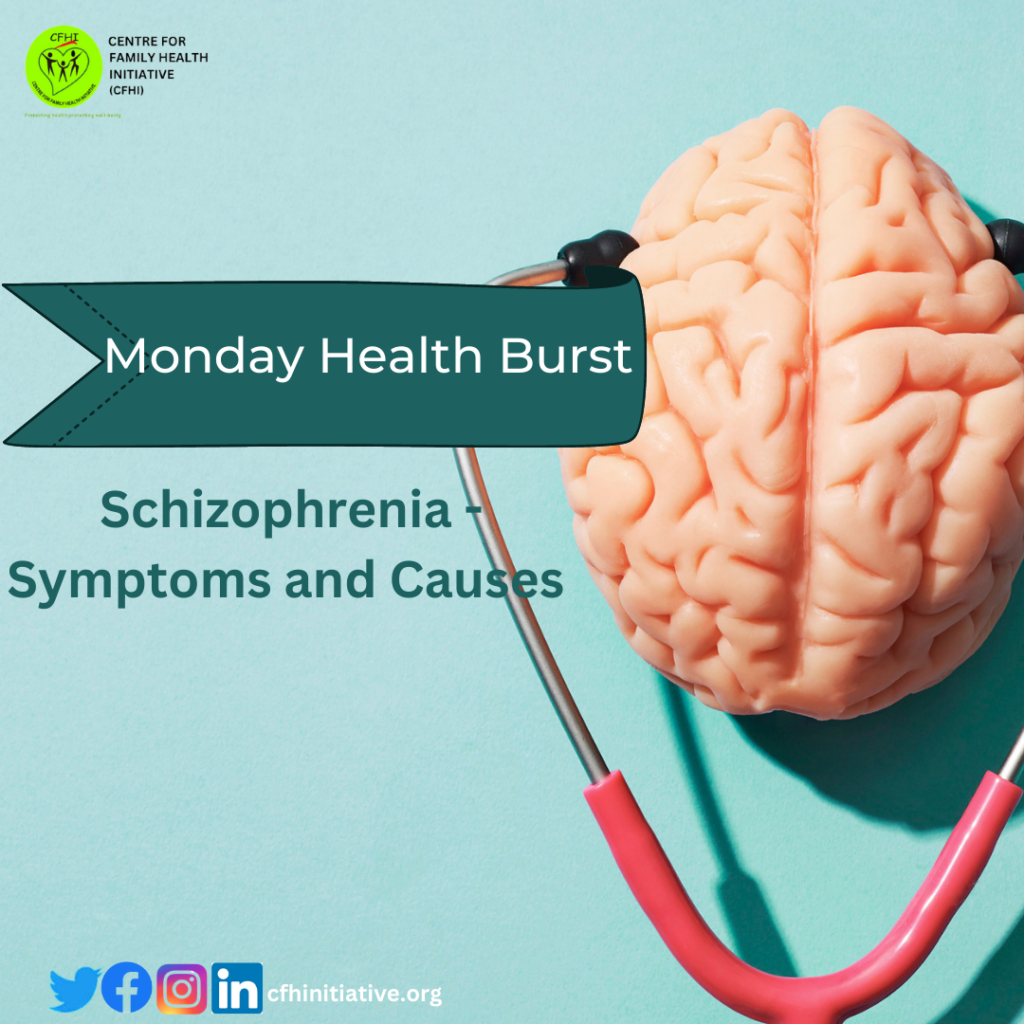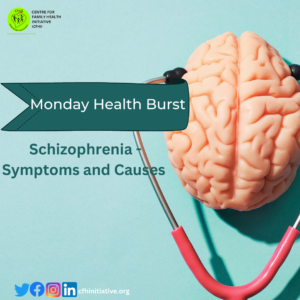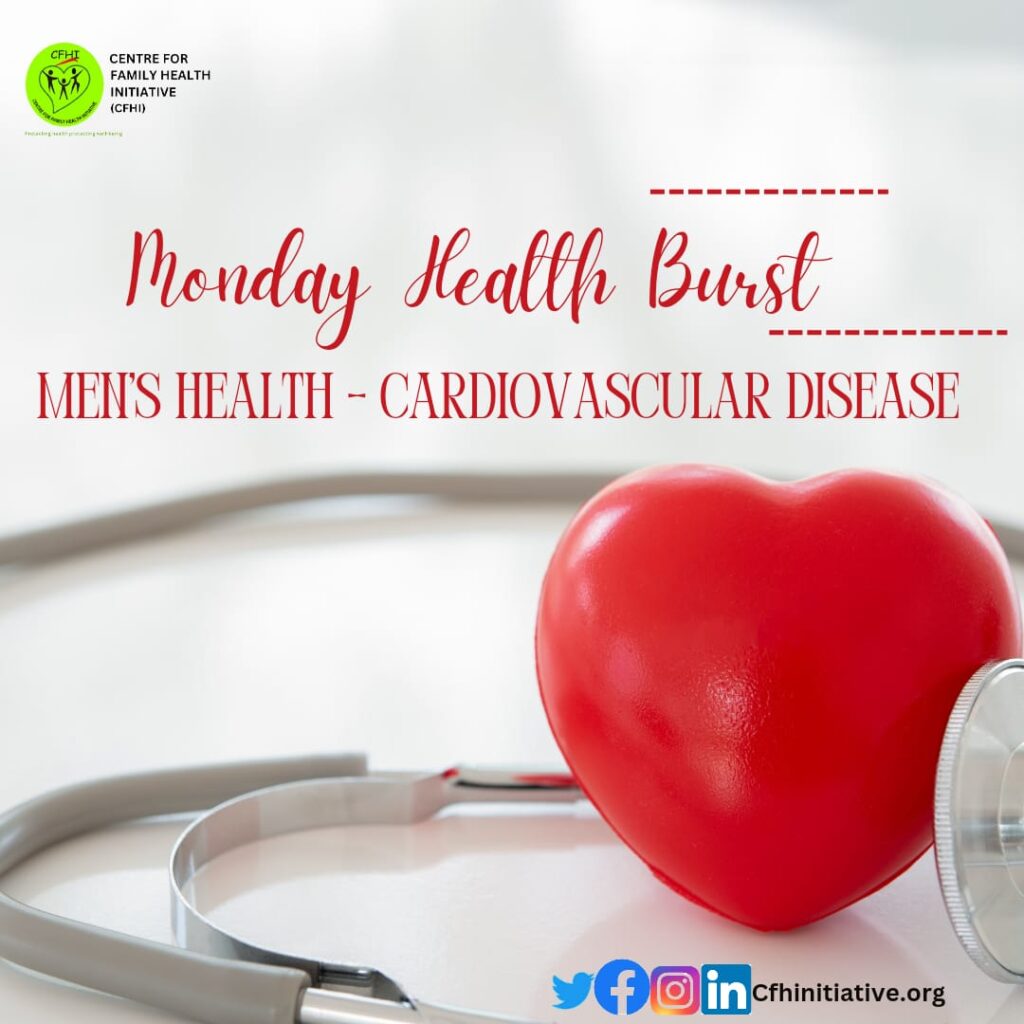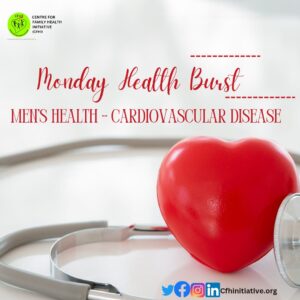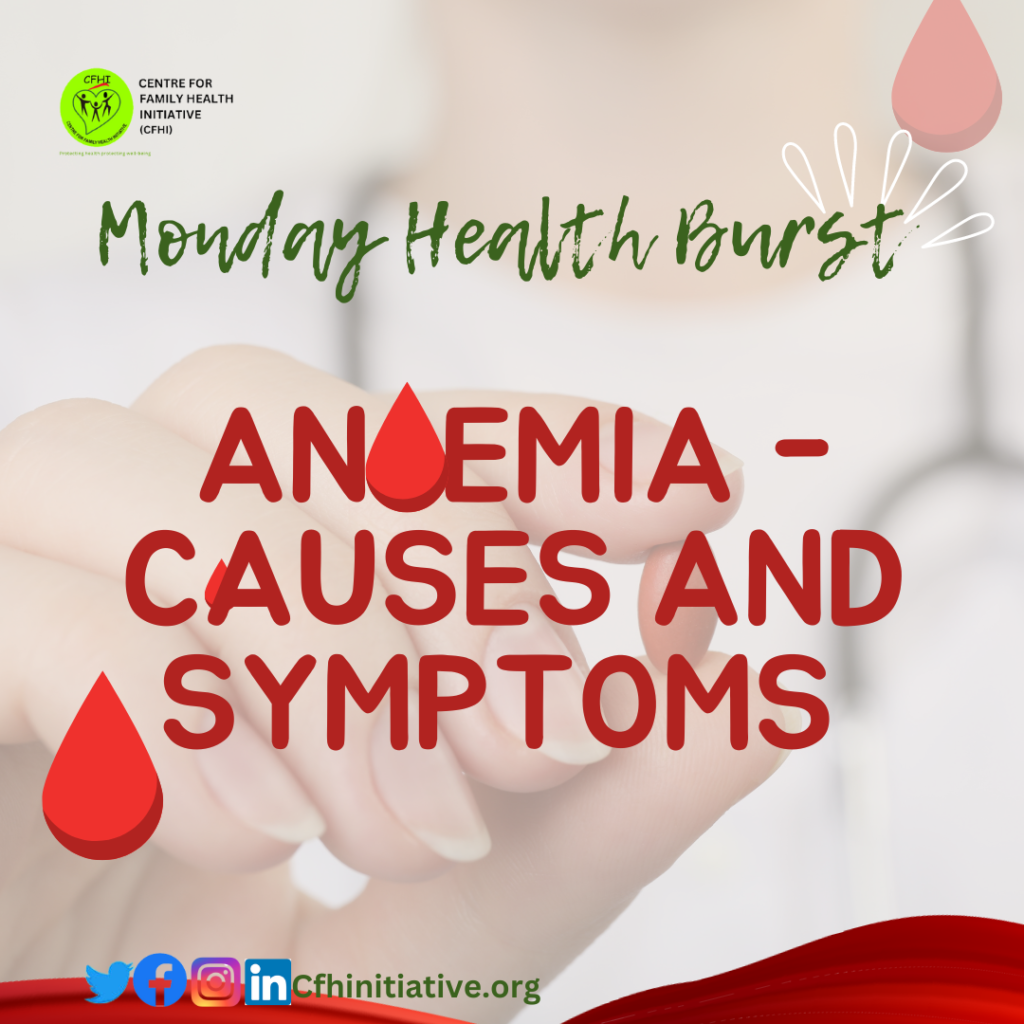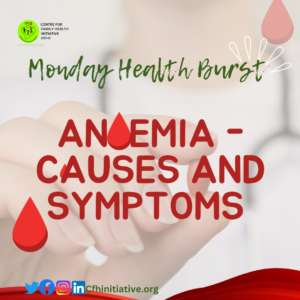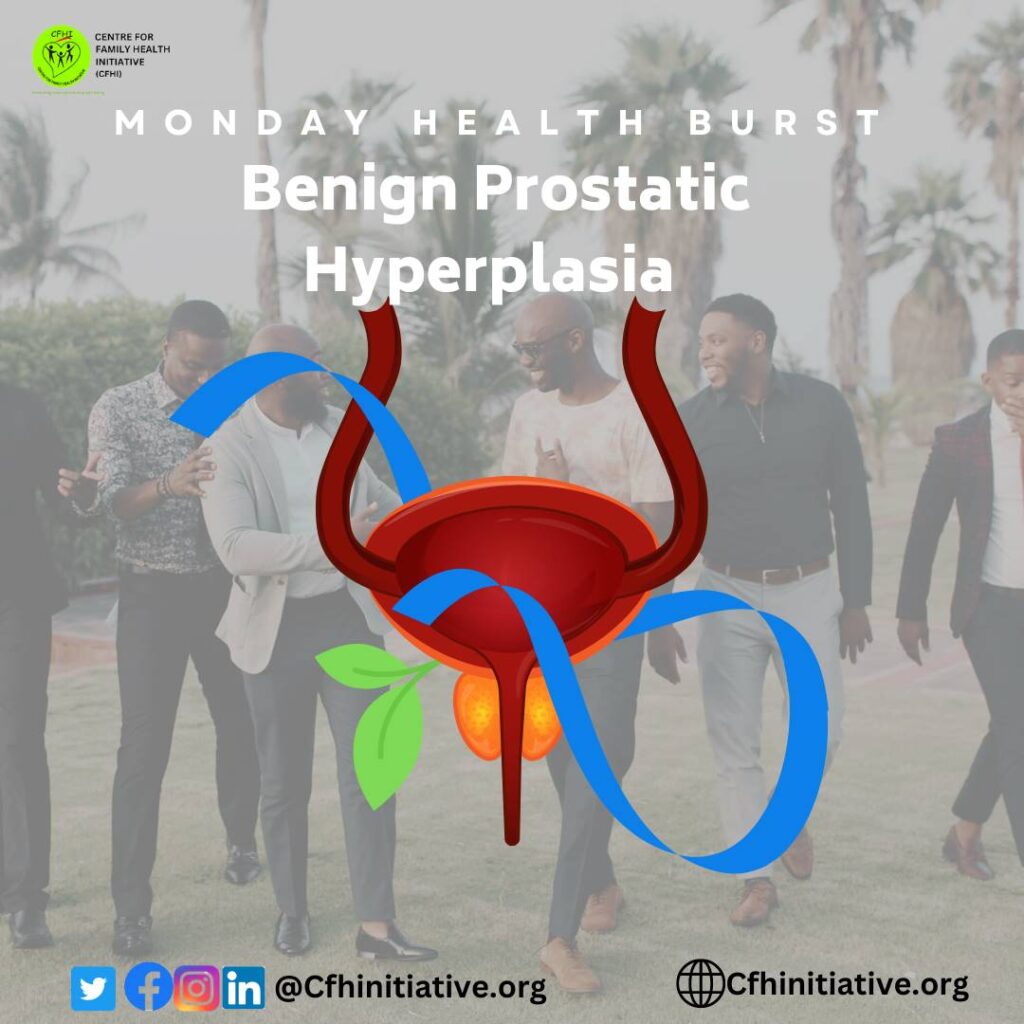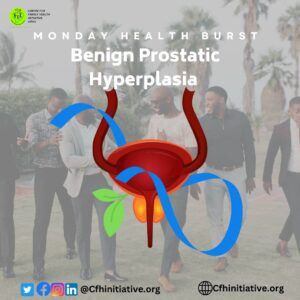MONDAY HEALTH BURST ON SYMPTOMS OF BREAST CANCER
Breast cancer is a disease in which abnormal breast cells grow out of control and form tumors. It is a global health concern that affects millions of women every year. According to the World Health Organization’s (WHO) data from 2020, breast cancer is one of the most prevalent cancers worldwide, significantly impacting diagnosis and mortality rates. As one of the most prevalent cancers worldwide, early detection and awareness are crucial in combating its devastating effects.
According to the World Health Organisation (WHO), in 2020, an alarming 2.3 million women were diagnosed with breast cancer tragically; there were 685,000 deaths attributed to the disease globally. This indicates the urgent need for awareness, education, and early detection measures to combat the devastating impact of breast cancer on women’s lives. It is also worth noting that by the end of 2020, approximately 7.8 million women diagnosed with breast cancer within the past five years were still living, underlining the persistent challenges posed by this cancer even after initial diagnosis and treatment.
Breast cancer can manifest through various symptoms, but one of the most common signs is the presence of a lump or an area of enlarged breast tissue. While not all breast lumps are cancerous, it is crucial to have them examined by a medical professional to rule out any potential malignancy. Beyond lumps, other symptoms to watch for include:
1. Breast Lump: A palpable lump or an area of enlarged breast tissue is often the first noticeable sign of breast cancer. While not all lumps are cancerous, consulting a medical professional for evaluation is crucial.
2. Thickening or Swelling: An unexplained thickening or swelling in part of the breast can indicate an underlying issue. This change might be subtle, so regular self-examinations are essential.
3. Skin Changes: Breast cancer can lead to skin changes such as irritation, dimpling, or pitting. Redness, rash-like textures, or flaky skin around the nipple or breast area should not be ignored.
4. Nipple Abnormalities: Changes in the nipple, such as inversion or pain, could indicate an underlying issue. Any discharge from the nipple that is not breast milk, particularly if it includes blood, should be evaluated by a medical professional.
5. Alterations in Breast Shape or Size: Any noticeable change in the size or shape of the breast, particularly if it’s limited to one breast, should raise concern and prompt a medical evaluation.
6. Breast or Nipple Pain: Persistent pain or discomfort in any area of the breast, including the nipple, should be evaluated by a healthcare professional.
The importance of early detection cannot be overstated. Detecting breast cancer at an early stage significantly improves the chances of successful treatment and positive outcomes. Regular breast self-examinations, clinical screenings, and mammograms are pivotal in identifying potential issues.
Breast cancer is a formidable challenge that affects millions of women worldwide. Recognizing the symptoms, encouraging regular self-examinations and screenings, and advocating for improved resources and awareness are all essential components in the fight against breast cancer. By spreading awareness and knowledge, we can work together to minimize the global burden of breast cancer and improve the well-being of those affected by this condition.
Monday Health Burst is an initiative of CFHI to address issues of basic health concern. Join us every Monday on all our social media platforms for more episodes.
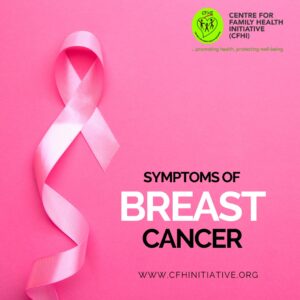
MONDAY HEALTH BURST ON SYMPTOMS OF BREAST CANCER Read More »

